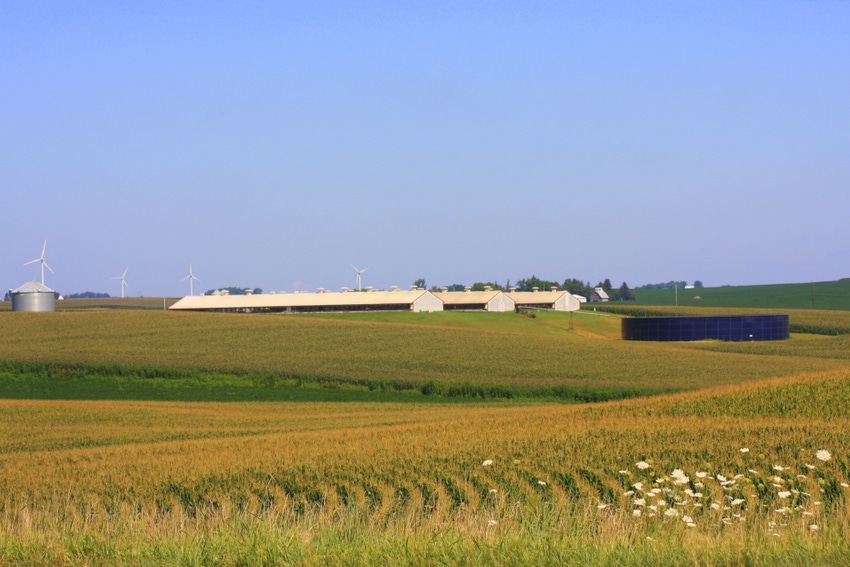Institute has invested $1.4 million in 33 research and education projects and raised over $3.8 million in support of industry initiatives.
April 17, 2019

The Institute for Feed Education & Research (IFEEDER) is celebrating a decade of service to the animal food industry. Over the last 10 years, IFEEDER has conducted many high-priority research and education projects that protect the animal food industry’s license to operate and provide scientific-based information to decision-makers and consumers so they can make informed policy and purchasing decisions.
“When the American Feed Industry Assn. [AFIA] incorporated IFEEDER in 2009, the board saw the need for a charitable organization to be on the frontlines, helping the animal food industry navigate current challenges and develop opportunities to discuss the global feed industry’s sustainability initiatives,” said Lee Hall, chair of the IFEEDER board of trustees and vice president of Hallway Feeds. “It’s clear that over its 10 years, IFEEDER has filled voids in scientific research to help the animal food industry comply with changing federal regulations, guard against animal disease outbreaks, surpass sustainability targets and reach out to consumers who have questions about where their food comes from. IFEEDER has laid a great foundation over the past decade, and I look forward to what’s to come.”
IFEEDER has also invested $1.4 million in 33 research and education projects, raised more than $3.8 million in support of industry initiatives, used 100% of contributions and zero administrative fees to fund projects, leveraged $5 for every $1 donated and awarded scholarships to students pursuing careers in the animal food industry.
What’s next
More than 290 donors have supported the work of IFEEDER, which continues today on a variety of topics. Current project include:
Guarding against African swine fever. This research project, co-funded with the Swine Health Information Center, will fill in data gaps related to the industry’s response to the recent global African swine fever outbreaks and aims to strengthen some potential risk mitigation steps for the feed industry.
Studying the impact of GM-free feed on U.S. animal production. The livestock, poultry and aquaculture industries have used genetically modified (GM) feed ingredients for more than 20 years. The results of this proposal are likely to underscore the environmental and economic impacts of going GM free in U.S. feed production.
Sampling feed for the presence of salmonella. IFEEDER provided a grant to AFIA to conduct a national survey of feed to determine the presence and type of salmonella in feed. The published report from the project will test the hypothesis that salmonella in feed is not a reasonably foreseeable hazard for livestock and poultry feed.
Analyzing pet food production and ingredients. Similar to the animal feed consumption study, IFEEDER is embarking on a project to better quantify and understand pet food ingredient composition and consumption in the U.S.
Bridging the consumer information gap. Efforts continue to proactively engage consumers through policy-makers, consumer influencers and key stakeholders about the proactive contributions the animal food industry is making in providing high-quality, safe and diverse food options. Future education initiatives are focused on preserving consumer choice and protecting the animal food industry’s image and license to operate. This requires investing time and resources to continuously provide consumers with fact-based information that promotes a positive image for the industry as a whole.
You May Also Like

.png?width=300&auto=webp&quality=80&disable=upscale)

